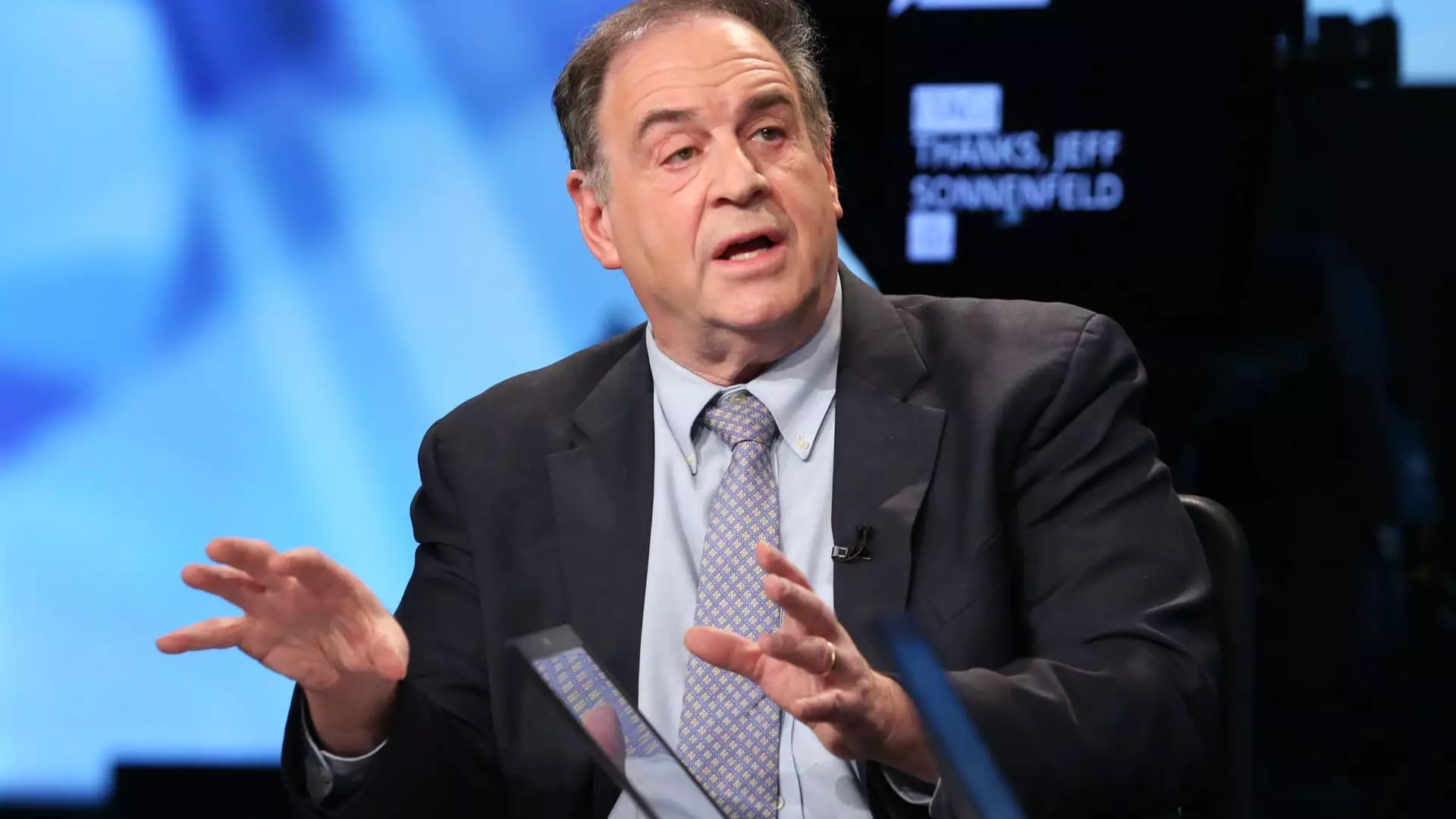Activist investors have been facing defeat after defeat in proxy fights this year, raising doubts about their credibility and power. These modern-day activists are different from the original pioneers who aimed to bring about necessary governance reforms. The question of whether today’s activist investors truly add economic value is a topic of debate, especially considering their underwhelming track records. Many major activist funds have consistently lagged behind passive stock market indexes like the S&P 500 and the Dow Jones Industrial Average, indicating a lack of success in delivering returns to investors.
The Shift in Investor Sentiment
Investors are beginning to show reluctance in allocating funds towards activist investors, with assets under management experiencing a decline in recent years. This downward trend is a stark reversal from the decades-long growth witnessed previously in this space. Even activists themselves recognize the need for evolution in their approach to provide more value to their stakeholders. The criticism faced by activists is not only centered around their value proposition but also questions their overall purpose and contribution to the market.
The Rise and Fall of Activism
The current landscape of activist investors differs significantly from the original activists who fought for shareholder value and corporate governance. Visionaries like Ralph Whitworth, John Bogle, and Nell Minow played pivotal roles in promoting transparency, accountability, and shareholder value. However, over the years, the noble intentions of these genuine investor activists have been overshadowed by the tactics of profit-driven “greenmailers” who prioritize short-term gains over long-term sustainability.
The Failures of Modern Activist Campaigns
While some activist campaigns uncover instances of misconduct and mismanagement, many contemporary approaches involve dismantling healthy companies for short-term financial gains. The emphasis on financial engineering and cost-cutting measures often leads to the detriment of companies and their shareholders. Recent data shows that activist investors have consistently lost proxy fights at major corporations, indicating a lack of success in their attempts to influence change at the highest levels of management.
As activists struggle to secure victories in proxy battles, more companies are opting for preemptive settlements to avoid prolonged conflicts. The pressure exerted by activists in negotiating settlements has raised concerns about the ethics of their tactics, with some viewing these agreements as glorified forms of greenmailing. The credibility of proxy advisory firms, which play a crucial role in shaping proxy fights, has also come under scrutiny, with questions being raised about their impartiality and accuracy in providing recommendations.
While not all activist investors operate in the same manner, the overall credibility and value of activist investors seem to be eroding in the eyes of investors and industry experts. The failing financial performance of many activist funds, coupled with their losing streak in proxy fights, has cast doubt on the effectiveness of their strategies. It is essential for stakeholders to remain vigilant against deceptive practices and prioritize long-term shareholder value over short-term gains.
The evolving landscape of activist investors highlights the need for a more sustainable and value-driven approach to corporate governance and shareholder activism. Activists must reevaluate their strategies and prioritize the long-term interests of companies and their shareholders to regain credibility and trust in the market. Only through transparency, accountability, and a commitment to sustainable growth can activist investors truly deliver value to the companies they target.

